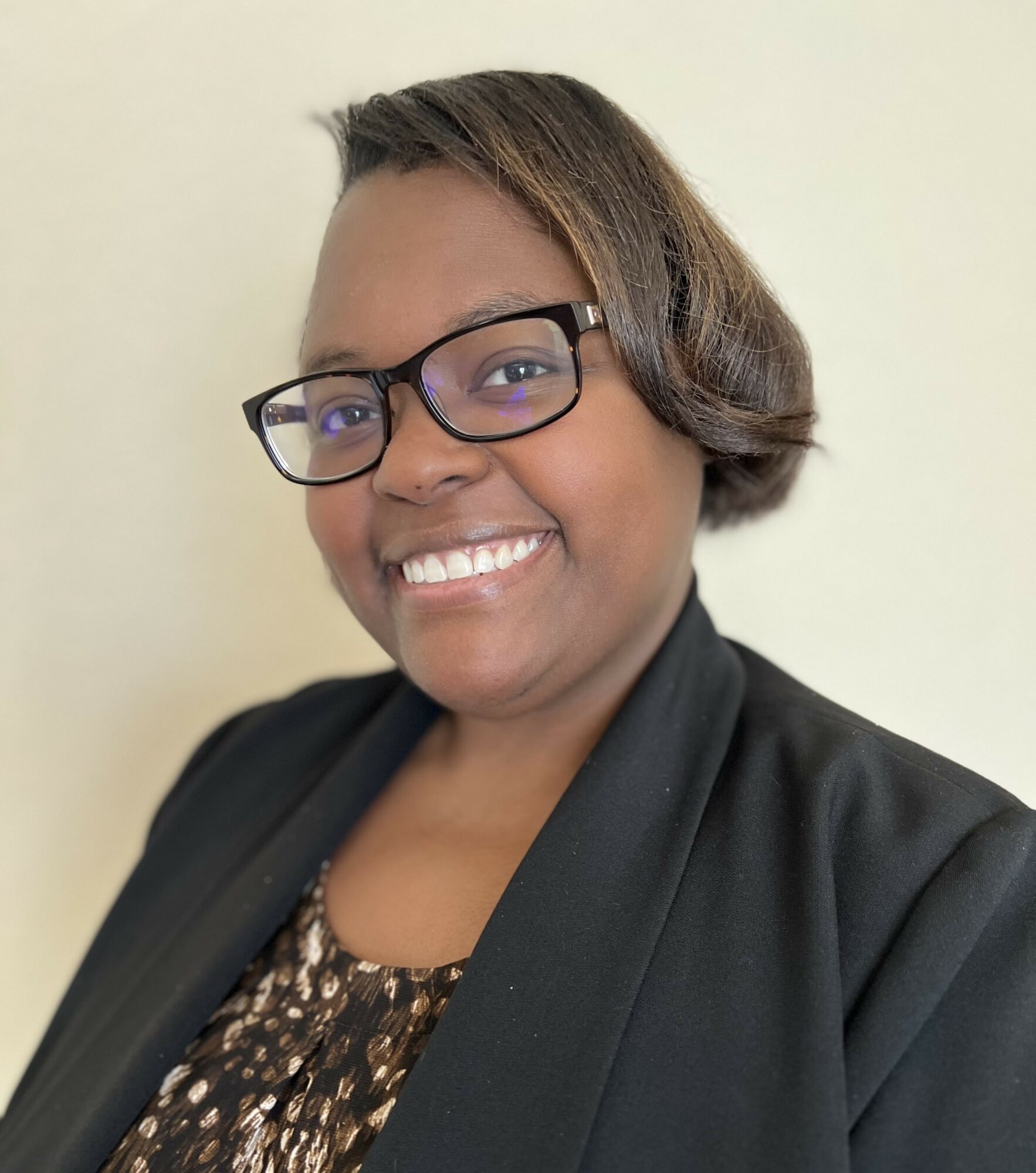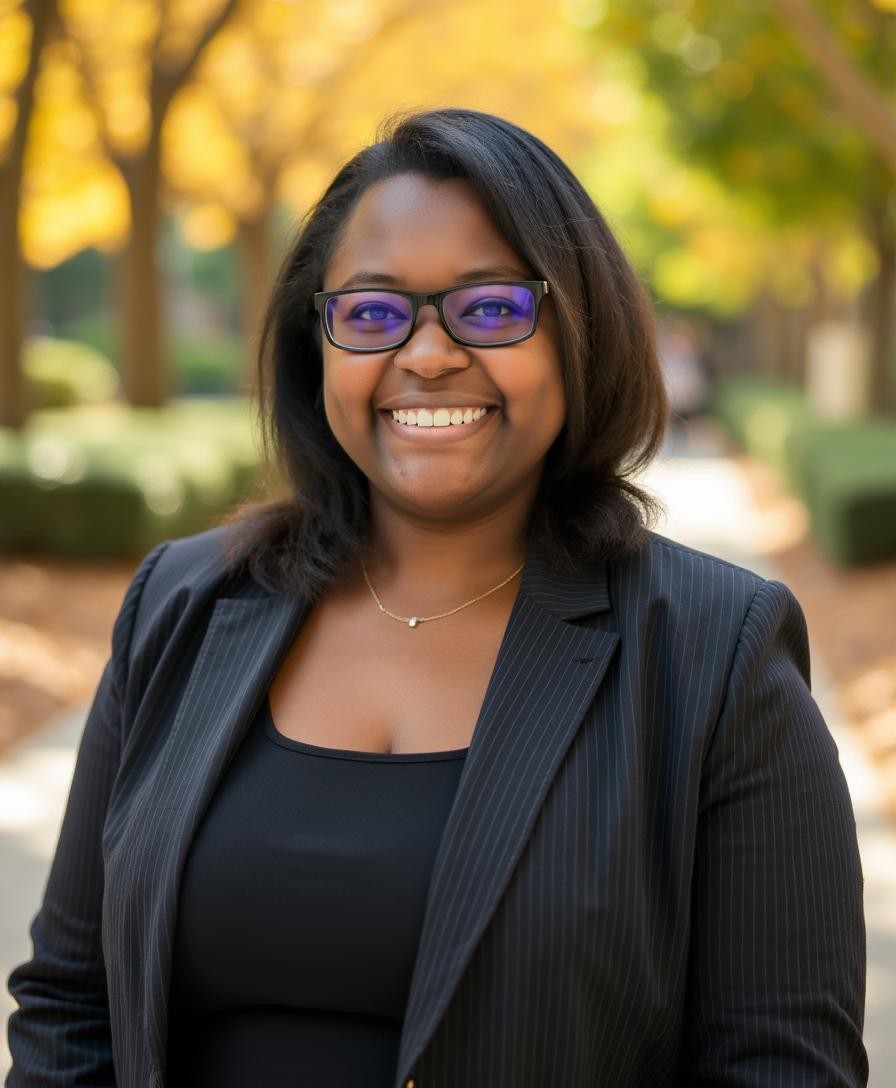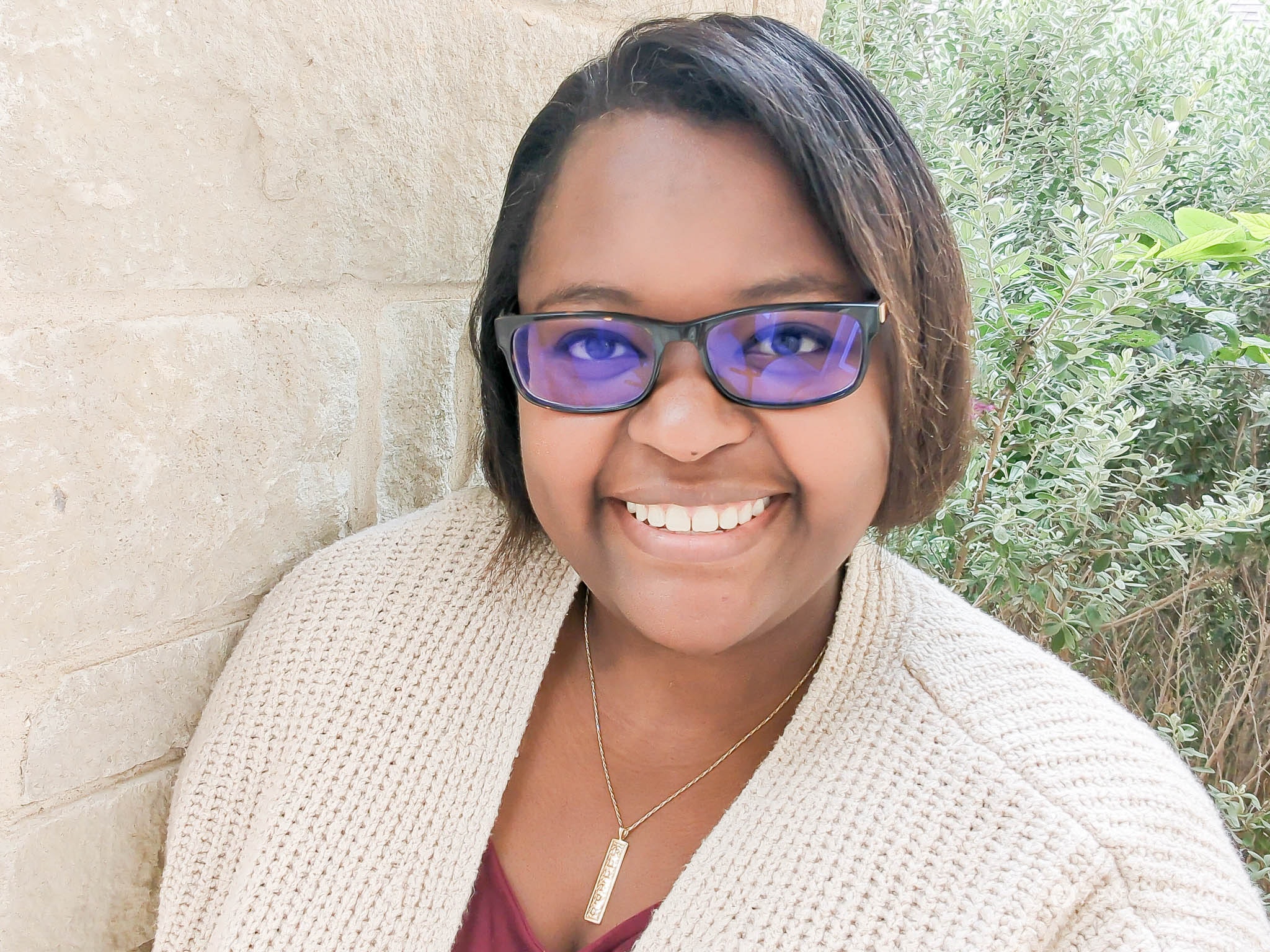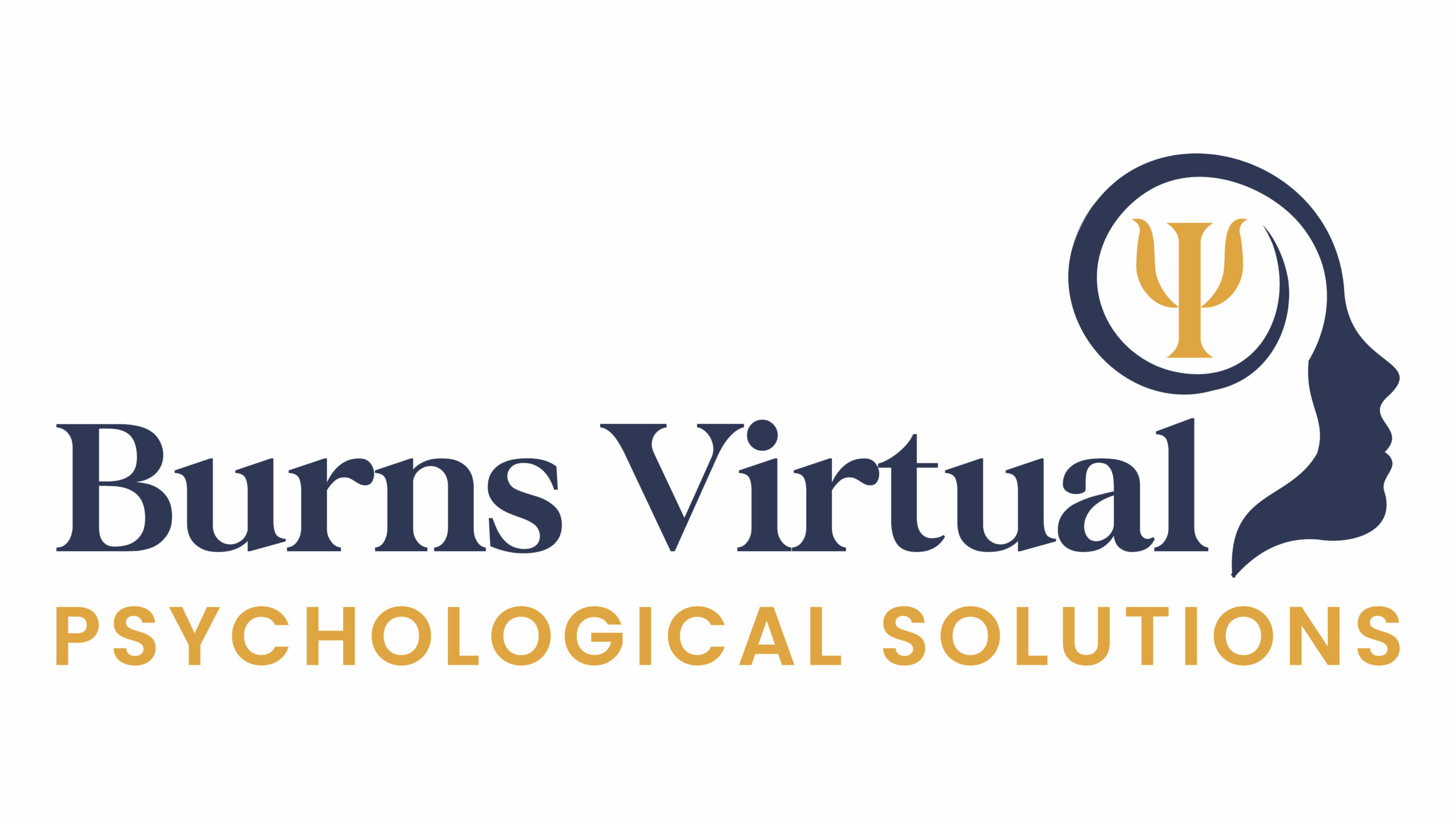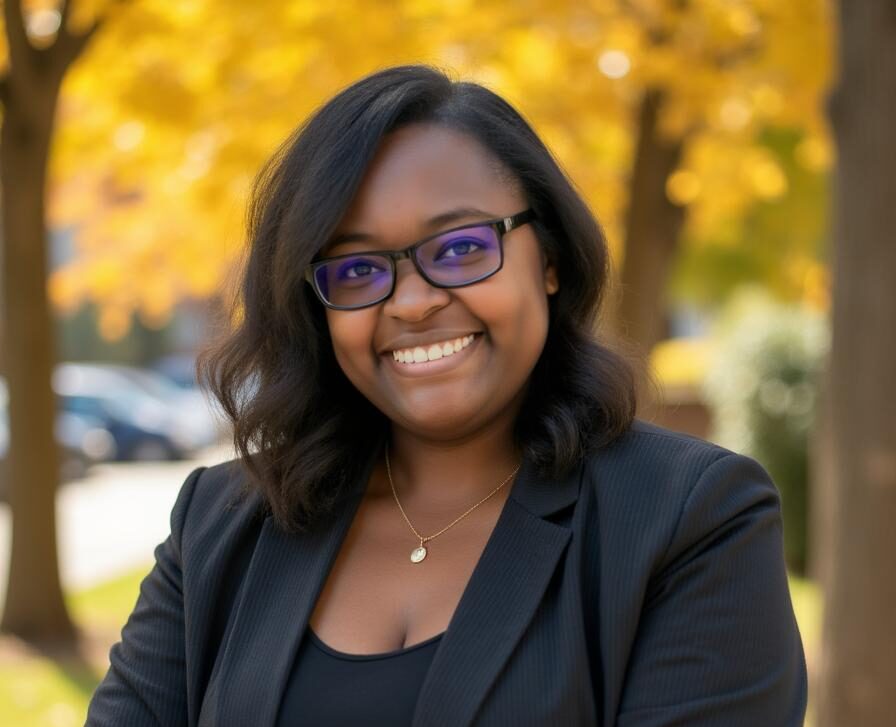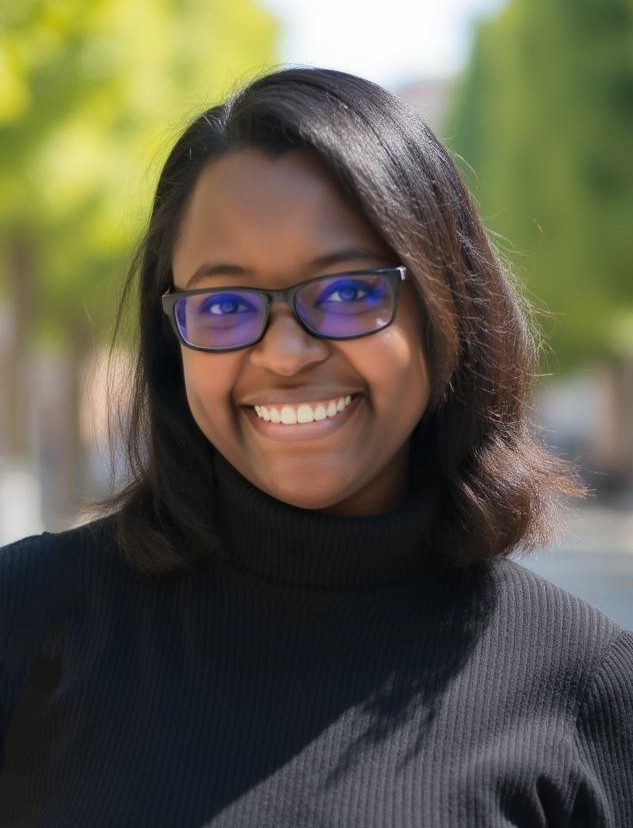

Dr. Jazmin Burns shared their story and experiences with us recently and you can find our conversation below.
Jazmin, really appreciate you sharing your stories and insights with us. The world would have so much more understanding and empathy if we all were a bit more open about our stories and how they have helped shaped our journey and worldview. Let’s jump in with a fun one: What do the first 90 minutes of your day look like?
Aw, I love this question! The first 90 minutes of my day are typically spent waking up to my 4-year-old and 10-month-old, who are crawling and talking loudly to me. I ask them how they slept and love on them, and then while I nurse my baby, my toddler tells me about what he wants to do that day (eat breakfast, watch Teenage Mutant Ninja Turtles or Paw Patrol, etc.). Then my husband comes in (normally he exercises in the morning), gives us all loves and takes the boys so I can get ready for the day. I love every minute of it (even when I’m exhausted). It’s a blessed way to start the day.
Can you briefly introduce yourself and share what makes you or your brand unique?
Sure! My name is Dr. Jazmin Burns, and I am the CEO, Founder, Owner, and Lead Psychologist of Burns Virtual Psychological Solutions (BVPS), a fully online psychological practice serving patients across more than 40 U.S. states. I have spent over a decade working in psychology across hospitals, clinics, schools, and community settings, and what I learned from those experiences is that one of the biggest barriers people face is simply access to care. Families were waiting months—sometimes years—for evaluations or therapy, and many lived in areas where culturally responsive and person-centered care just didn’t exist.
That’s why I founded BVPS—to make high-quality, evidence-based, neurodiversity-affirming, and trauma-informed care accessible no matter where someone lives. What makes my practice unique is not just that we are virtual, but that we bring the full range of in-person services into a virtual model: psychological and developmental evaluations (for Autism, ADHD, trauma, and immigration/asylum cases), individual and group therapy, and specialized programs like PEERS® and Parent-Child Interaction Therapy (PCIT). We don’t just give patients a diagnosis or therapy plan—we walk with them every step of the way, providing clear guidance, practical strategies, and advocacy tools they can use immediately.
Our mission is deeply personal: to help individuals and families feel seen, heard, and empowered.
Right now, I’m working on expanding BVPS into both a place for care and a hub for training other clinicians. I believe access to mental health should not depend on where you live or who you know. Virtual platforms are the future—they’re how we bring life-changing support to every corner of the country.
Great, so let’s dive into your journey a bit more. What did you believe about yourself as a child that you no longer believe?
Well…I didn’t believe this as a child, but this is what’s coming up for me as I hear this question.
As a child, I was told that because I’m Black and a female, I’d have to work twice as hard to be seen, recognized, promoted, etc. I haven’t found this to be true, and luckily, I didn’t let this shape my worldview. Anything that I’ve wanted to do, I just go for it. If the opportunity didn’t exist because it wasn’t set up in the system I was working with, I would go above and beyond to create it. For example, in my graduate program, there were no opportunities to conduct neurodevelopmental testing at the practicum sites offered. Using my connections from past work experiences, I created a practicum site that is still operational today and quite popular.
If I believed what I was told at a young age, that could have left me with a very defeatist mindset, as though I’m less than everyone else. I’m a driven child of God, so nothing can keep me down!
What did suffering teach you that success never could?
I learn most of my life lessons through suffering. Adversity, although very hard to endure in the moment, can lead to some beautiful realizations and changes. Growing my private practice has been a journey, for example. It’s still quite young (less than 5 years old), and while small, we are BUSY! It’s a blessing, but because we were getting so busy, I hired too quickly. I hired people who, I knew at the time, I probably should not have hired for several reasons, but I was in panic mode a bit because I felt like I needed more support. Don’t ever hire in panic mode, folks! I suffered due to those decisions. My practice started losing money, patients weren’t happy with some of my staff, and my mental and emotional health was suffering. It was bad. So, after a lot of prayer and discussions with my husband, we decided that it was best to downsize. Was it an easy decision? No. It’s never a fun thing to lay off or terminate people, but usually, the tough things are the necessary things. Downsizing was the best thing I could have done. While my team is smaller, it’s more cohesive and focused. I’m slowly rebuilding my team again, but this time I’m being more intentional in my choices and ensuring that people pass the “vibe check.” I come to work feeling empowered and happy, rather than stressed and irritated. It’s a great transition point right now, and to be honest, I’m grateful for the suffering I went through because it made me a better business owner.
I think our readers would appreciate hearing more about your values and what you think matters in life and career, etc. So our next question is along those lines. Where are smart people getting it totally wrong today?
Well, it depends on how you define smart. We live in a very interesting time right now. There are intelligent people, there are educated people, and there are knowledgeable people. Having an education does not necessarily mean someone is intelligent. Having no education does not immediately equate to someone being dumb. The older I get, the more I gravitate toward people who are knowledgeable about the world. The people who are humble, have acquired life experiences (both positive and negative), and share those experiences, not for attention, but to teach and empower others. And I think that’s what “smart” people are getting wrong today. You don’t have to flaunt your intelligence. I know today that might seem hard to do, what with social media and everything. But if we could all just learn to be more present, quiet, and listen to each other, rather than try to one-up each other like “I know more than you”, then I think the world could be a happier place. Additionally, I think that “smart” people often want others to agree with them. If someone disagrees with you, that’s ok. We grow in our differences. Innovations are created not because we all think the same, but because we think and see things differently. If we were all the same, life would get pretty boring, don’t you think?
Okay, we’ve made it essentially to the end. One last question before you go. If you laid down your name, role, and possessions—what would remain?
A beloved child of God – simple as that. Who needs a legacy when at the end of the day, I have Him?
Contact Info:
- Website: https://www.bvpsychsolutions.com
- Instagram: https://www.instagram.com/bvpsychsolutions
- Linkedin: https://www.linkedin.com/company/burns-virtual-psychological-solutions/
- Facebook: https://www.facebook.com/burnsvirtualpsychologicalsolutions/
